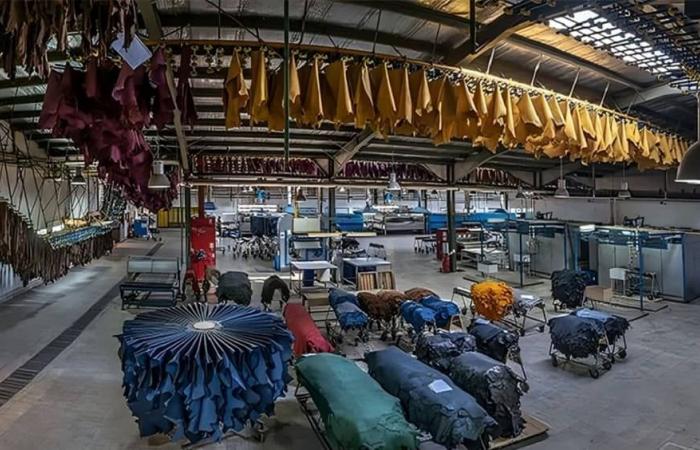
Facebook
Twitter
Pinterest
LinkedIn
Iran is grappling with a severe gas shortage that has not only worsened power outages but also crippled swaths of its industrial sector. Although it has 17.3% of the world’s natural gas reserves, according to Worldometer, a combination of mismanagement, aging infrastructure and external sanctions has created a systemic crisis that affects millions of lives.
The electricity sector is one of the hardest hit. Mohammad Mohammadi, production manager at Rey Power Plant, revealed that an 87% reduction in diesel fuel supply forced the plant, with a rated capacity of 711 megawatts, to close. “This power plant, one of the vital facilities for the country’s electricity supply, has been taken offline due to lack of necessary gas and diesel,” Mohammadi said, indicating an increase in power outages.
Energy Minister Abbas Aliabadi highlighted the wider implications: “Currently, 80 thermal power plant units, representing over 8,000 megawatts of capacity, are out of service due to fuel shortages. » This figure represents a major blow to Iran’s electricity generation capacities, intensifying outages across the country.
The cement industry was particularly hard hit, with 22 factories shutting down operations due to gas shortages. Ali Akbar Alvandian, secretary of the Cement Industry Employers Association, reported: “Gas supplies to cement plants have been restricted since October 7, and the restrictions have gradually intensified. » Major producers, including Tehran Cement, North Cement, Firouzkouh Cement and Abyek Cement, have stopped production. Abyek Cement, a major player in the sector, has completely closed its two kilns.
“The kilns of 22 cement plants are now unused, even though these facilities are designed to operate continuously,” Alvandian stressed. “Repeated interruptions, even of a few hours, completely disrupt clinker production, making operations unfeasible. » Cement shortages are already driving up costs and delaying construction projects across the country.
The gas crisis is having repercussions on other industries. Petrochemicals, steel and ceramics, essential to Iran’s economy, suffer from operational inefficiencies due to unreliable energy supplies. In the food sector, factories that rely on gas for processing, such as dairy and canned goods manufacturers, face similar challenges.
While officials like Tehran’s Friday prayer leader Kazem Sedighi blame the crisis on “psychological warfare of the enemy” and “artificial inflation,” many experts disagree. Independent analysts cite systemic economic mismanagement and corruption as root causes. Years of neglect in infrastructure maintenance, coupled with insufficient investment in new gas fields, have left Iran ill-prepared to meet growing domestic and industrial demand.
The state-affiliated Ensaf News news agency recently pointed the finger at mismanagement in its analysis: “The gas shortage has worsened this year due to increased consumption in the residential sector and a lack of diversification of energy sources. »
The worsening gas crisis is more than an economic or industrial failure; it reflects the deep structural and systemic problems plaguing Iran under the current regime. The failure to meet basic needs such as energy supplies, compounded by widespread corruption and mismanagement, has fueled public outrage. Growing economic pressures, persistent power outages and industrial shutdowns are intensifying calls for regime change. This crisis, coupled with growing discontent over broader governance failures, is paving the way for a new wave of nationwide uprisings, as citizens demand accountability and a complete overhaul of the political system.





